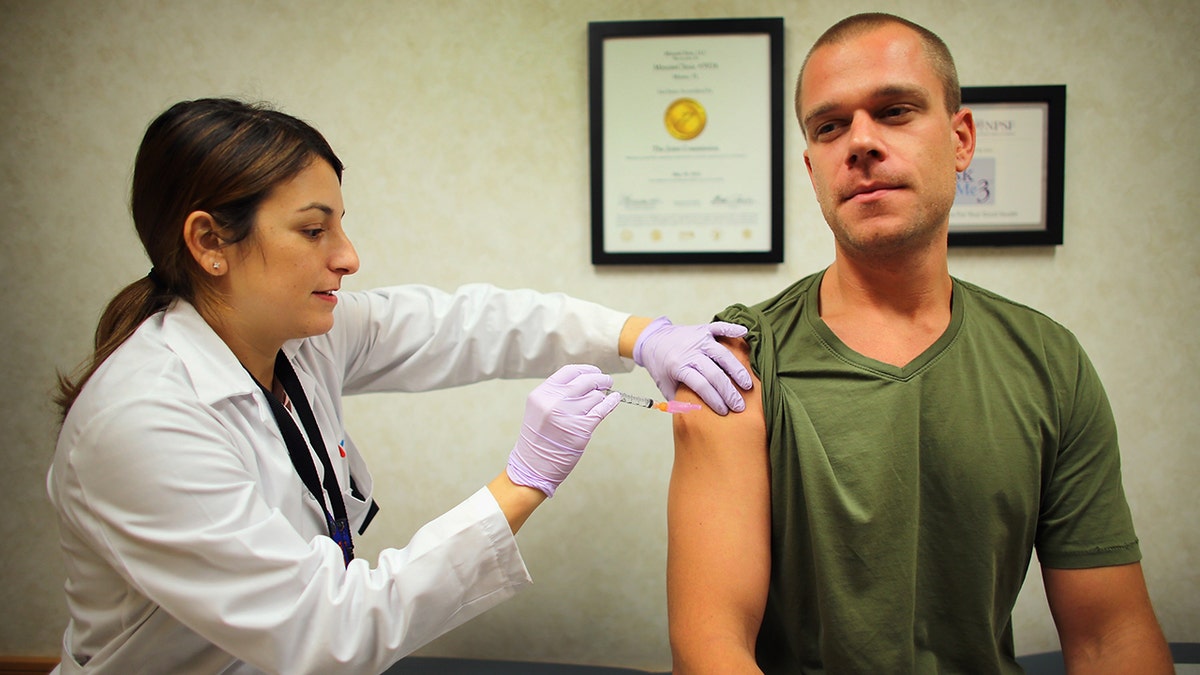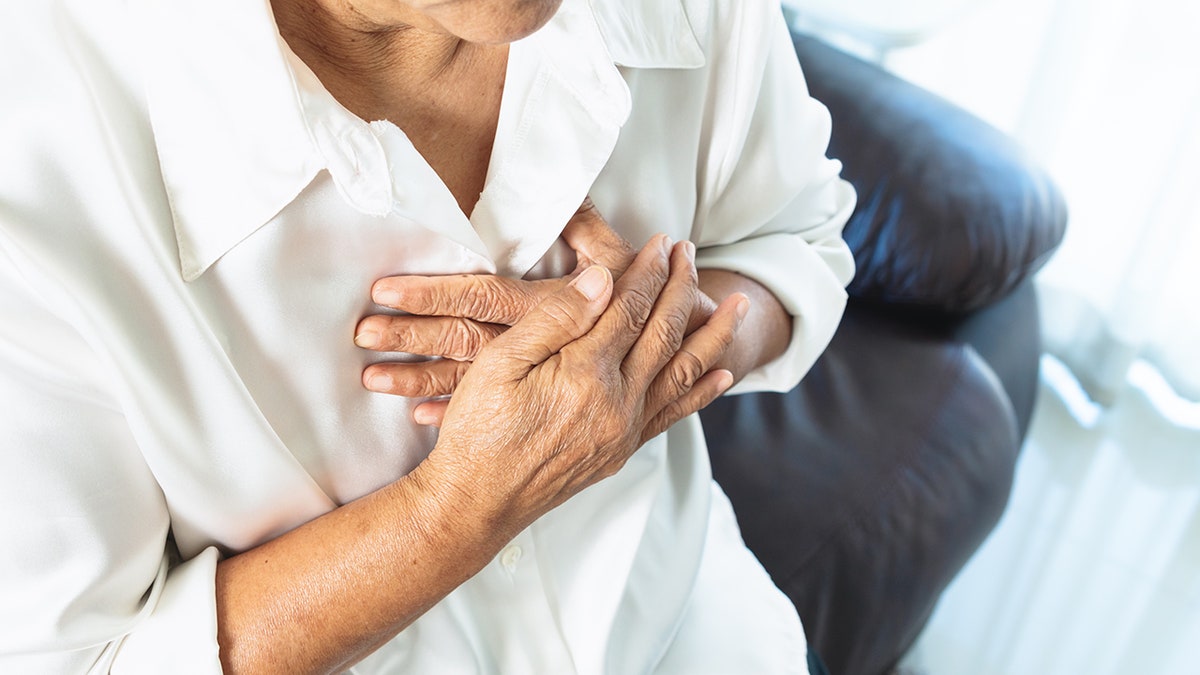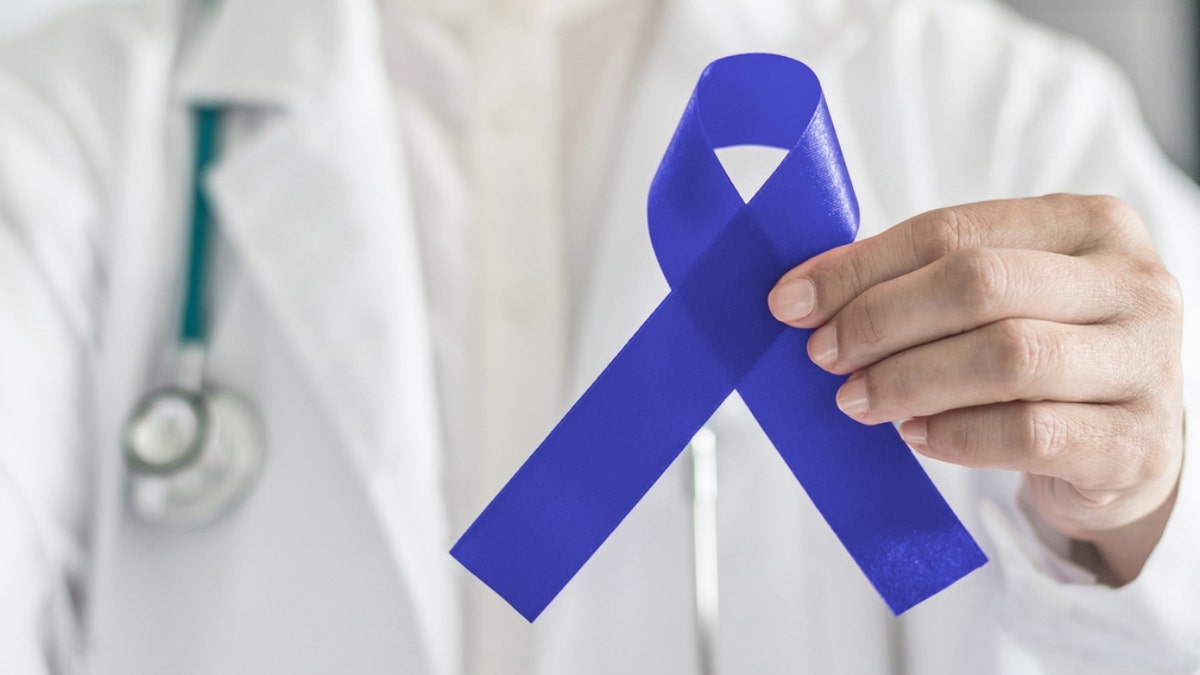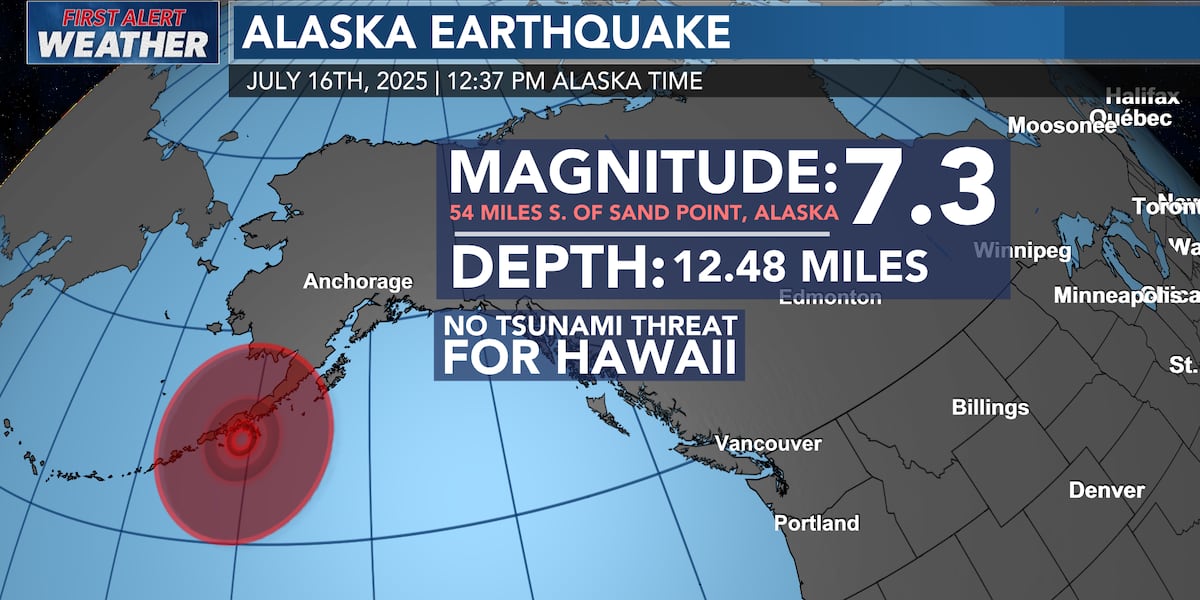Health
Could flu vaccination reduce the risk of heart attacks and cardiovascular deaths?

People who get the flu vaccine may have improved heart health, according to a recent study published in Scientific Reports.
Researchers from the Shahid Beheshti University of Medical Sciences in Tehran, Iran, concluded that patients who received flu vaccinations had a 26% reduced risk of having a heart attack and were 33% less likely to die from cardiovascular disease.
This finding is based on a review of five randomized controlled trials that focused on myocardial disease and influenza vaccines.
CHILDHOOD PNEUMONIA SURGE REPORTED IN NETHERLANDS AMID OUTBREAK IN CHINA
The patients who participated in the studies had all been diagnosed with cardiovascular disease previously and were 61 years old, on average.
Out of the total of 9,059 patients, 4,529 of them received the flu vaccine, while 4,530 received a placebo shot.
People who get the flu vaccine may have improved heart health, according to a recent study published in Scientific Reports. (iStock)
After a nine-month period, 621 of the people who received the placebo shot experienced “major cardiovascular events,” compared to 517 of the patients who received the flu vaccine.
Those outcomes included myocardial infarction, cardiovascular death and stroke.
WHEN MEASURING HEART ATTACK RISK, ONE IMPORTANT RED FLAG IS OFTEN OVERLOOKED, DOCTORS SAY
“Revealing a compelling insight into the potential benefits of influenza vaccination, our comprehensive meta-analysis, based on the latest randomized controlled trial data, demonstrates a significant interaction between influenza vaccination and the reduction of major cardiovascular events,” wrote the researchers of the study.
“Notably, patients who received the influenza vaccine experienced a remarkable risk reduction of over 20% in cardiovascular death.”

Patients who received flu vaccinations had a 26% reduced risk of having a heart attack and were 33% less likely to die from cardiovascular disease. (Joe Raedle/Getty Images)
As for why influenza vaccines seem to reduce the risk, the researchers noted that the shot could prevent inflammation and secondary infections, while also stabilizing plaque amounts in the heart.
The vaccine could also help stimulate the immune system, which the study authors noted is essential for cardiovascular health.
SHOULD YOU GET THE COVID AND FLU VACCINES AT THE SAME TIME?
Dr. Marc Siegel, clinical professor of medicine at NYU Langone Medical Center and a Fox News medical contributor, called the study “important” and said it “builds on what we already knew.”
He was not involved in the research.

Heart disease is the primary cause of death among U.S. adults, killing one person every 33 seconds, according to the CDC. (iStock)
“It is not surprising that flu shots would decrease the risk of heart attacks,” Siegel told Fox News Digital.
“The flu is one of the great enablers,” he went on. “It adds stress and inflammation to the body and decreases the overall immune response, all of which can lead to acute cardiac events.”
The flu “adds stress and inflammation to the body and decreases the overall immune response.”
The researchers called for further research to “elucidate the precise mechanisms driving this association and to explore the long-term impact of influenza vaccination on cardiovascular outcomes.”
CLICK HERE TO SIGN UP FOR OUR HEALTH NEWSLETTER
In the meantime, they recommended that “health care providers and policymakers should take heed of these findings and consider prioritizing influenza vaccination for patients with recent cardiovascular disease as a feasible and potentially life-saving preventive measure.”
Fox News Digital reached out to the study authors for additional comment.
Heart disease is the primary cause of death among U.S. adults, killing one person every 33 seconds, according to the Centers for Disease Control and Prevention (CDC).
For more Health articles, visit www.foxnews.com/health.

Health
TikTok Users Swear by Protein Jell-O for Weight Loss: Does It Work?

Use left and right arrow keys to navigate between menu items.
Use escape to exit the menu.
Sign Up
Create a free account to access exclusive content, play games, solve puzzles, test your pop-culture knowledge and receive special offers.
Already have an account? Login
Health
'Western diet' blamed for growing risk of GI cancers among young adults

NEWYou can now listen to Fox News articles!
The rates of gastrointestinal (GI) cancers are rising among young adults, with a new peer-reviewed study pointing to the American diet and lifestyle as the primary culprits.
The rising risk in younger generations may be linked more to environmental factors than genetics, stated the report, which was recently published in the British Journal of Surgery.
“Some shared risk factors for early-onset (EO) GI cancer include obesity, sedentary lifestyle, excessive alcohol consumption and smoking,” lead researcher Sara Char, M.D., at the Dana Farber Cancer Institute in Boston, told Fox News Digital.
RARE CANCER DIAGNOSES SURGE DRAMATICALLY AMONG MILLENNIALS AND GEN X
The study notes that recent generations are more likely to adopt a “Western-pattern diet” and a “sedentary lifestyle.”
Colorectal is the most common type of early-onset GI cancer, but pancreatic, esophageal, gastric, biliary, appendiceal and neuroendocrine cancers are also rising in adults under 50, Char noted.
The report notes that recent generations are more likely to adopt a “Western-pattern diet” and a sedentary lifestyle. (iStock)
Adults born in 1990 have twice the risk of colon cancer and four times the risk of rectal cancer compared to those born in 1950, according to a previous study published in the Journal of the National Cancer Institute.
How diet impacts risk
Paul Oberstein, M.D., director of the Gastrointestinal Medical Oncology Program at NYU Langone’s Perlmutter Cancer Center, told Fox News Digital that a person’s diet does indeed impact the risk of colon cancer.
YOUR FAVORITE ALCOHOLIC BEVERAGE COULD BE LINKED TO DEADLY FORM OF CANCER, STUDY FINDS
“It is reported from previous studies that when someone has a higher amount of foods typical of a Western diet, they have a higher risk of colon cancer,” said Oberstein, who was not involved in the research.
A “Western diet” typically includes a higher intake of red and processed meats, processed and added sugars, and highly processed and refined grains, according to the oncologist.

Adults born in 1990 have twice the risk of colon cancer and four times the risk of rectal cancer compared to those born in 1950. (iStock)
Processed deli meats, sugary drinks and processed grain snacks are also commonly associated with this type of diet.
Research and recommendations
While the incidence of colon cancer in this group overall remains low, Oberstein recommends investing in more research to explore which factors are causing the increase.
“We need to conduct more research on whether diet, vitamin supplements, alcohol or other things we ingest or use are contributing to this increase,” he said.
CLICK HERE TO SIGN UP FOR OUR HEALTH NEWSLETTER
The expert also emphasized the importance of following the recommended colon cancer screening guidelines, which begin at 45 years old for most people, and seeking medical attention if any symptoms appear.

“We need to conduct more research on whether diet, vitamin supplements, alcohol or other things we ingest or use are contributing to this increase,” an oncologist said. (iStock)
Common warning signs include changes in bowel habits, blood in the stool, unexplained back or abdominal pain, or unintentional weight loss, all of which warrant speaking to a doctor for an “urgent evaluation,” according to Char.
For more Health articles, visit www.foxnews.com/health
The researcher added that younger individuals can take preventative measures such as not smoking, avoiding excessive alcohol, limiting red meat consumption, staying physically active and maintaining a healthy body weight.
Health
John Goodman, 72, Says His 200-Lb. Weight Loss Helps Him ‘Live Life Better’

Use left and right arrow keys to navigate between menu items.
Use escape to exit the menu.
Sign Up
Create a free account to access exclusive content, play games, solve puzzles, test your pop-culture knowledge and receive special offers.
Already have an account? Login
-

 Culture1 week ago
Culture1 week agoTry to Match These Snarky Quotations to Their Novels and Stories
-

 News6 days ago
News6 days agoVideo: Trump Compliments President of Liberia on His ‘Beautiful English’
-
Finance1 week ago
Do you really save money on Prime Day?
-

 Technology1 week ago
Technology1 week agoApple’s latest AirPods are already on sale for $99 before Prime Day
-

 News1 week ago
News1 week agoTexas Flooding Map: See How the Floodwaters Rose Along the Guadalupe River
-
Business1 week ago
Companies keep slashing jobs. How worried should workers be about AI replacing them?
-

 News5 days ago
News5 days agoVideo: Clashes After Immigration Raid at California Cannabis Farm
-

 Politics1 week ago
Politics1 week agoJournalist who refused to duck during Trump assassination attempt reflects on Butler rally in new book
















